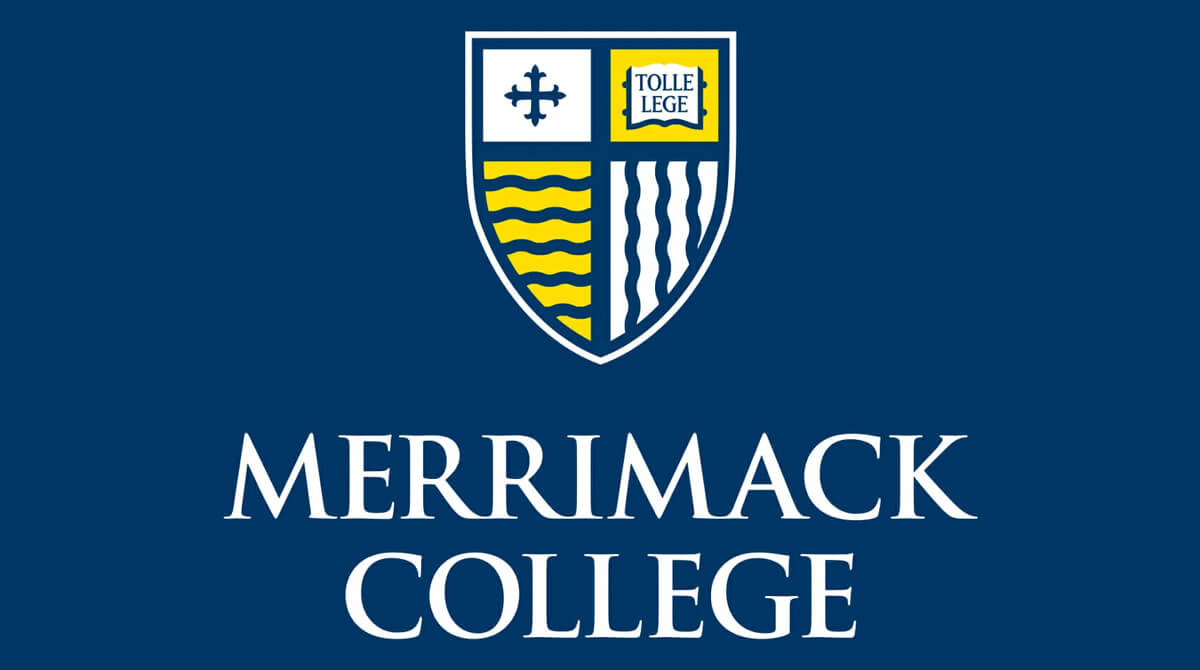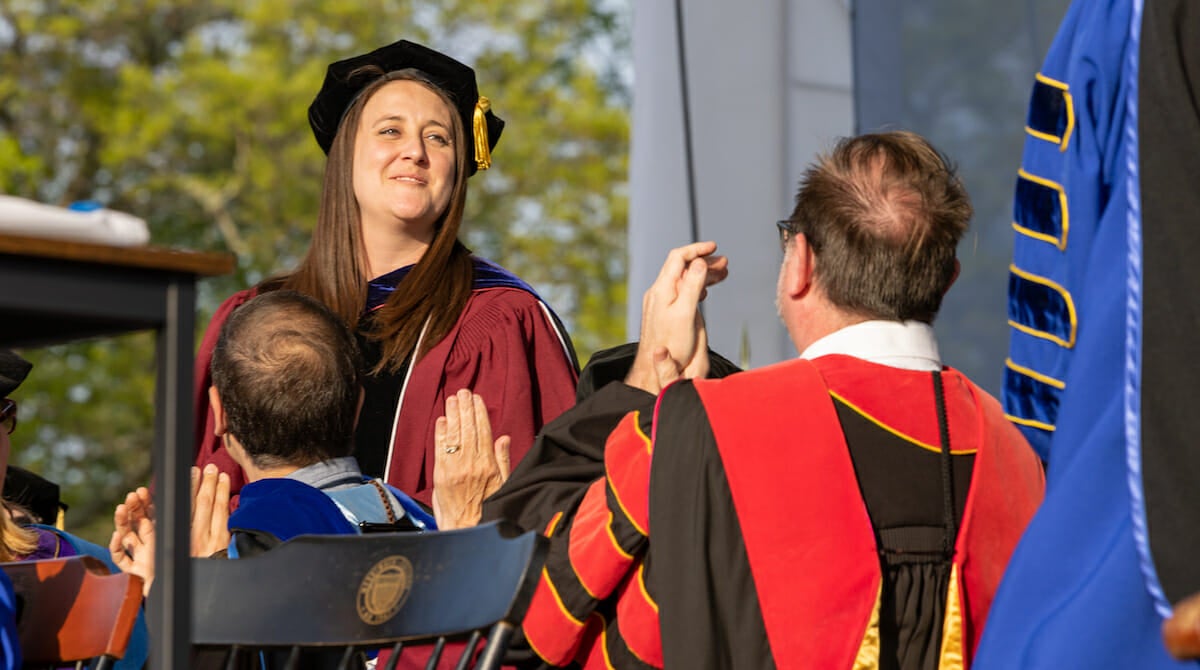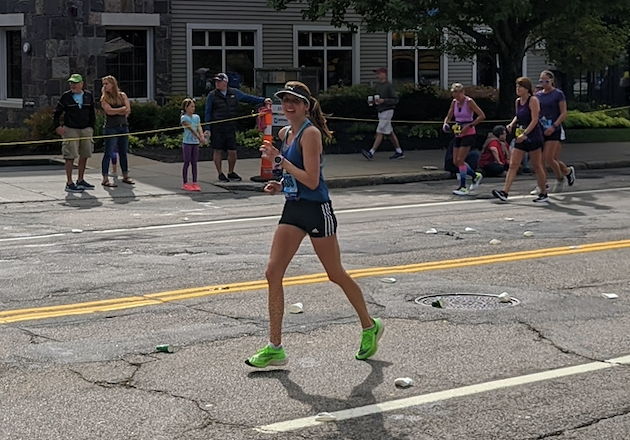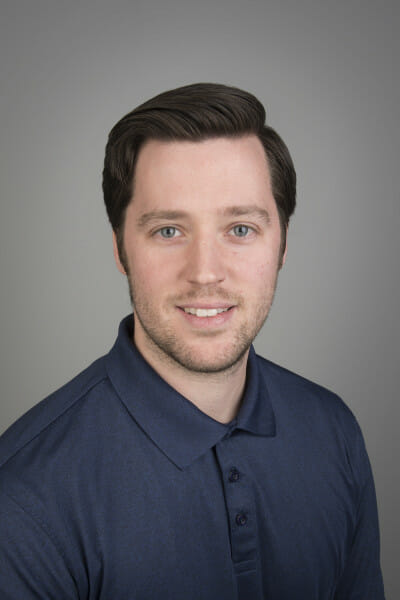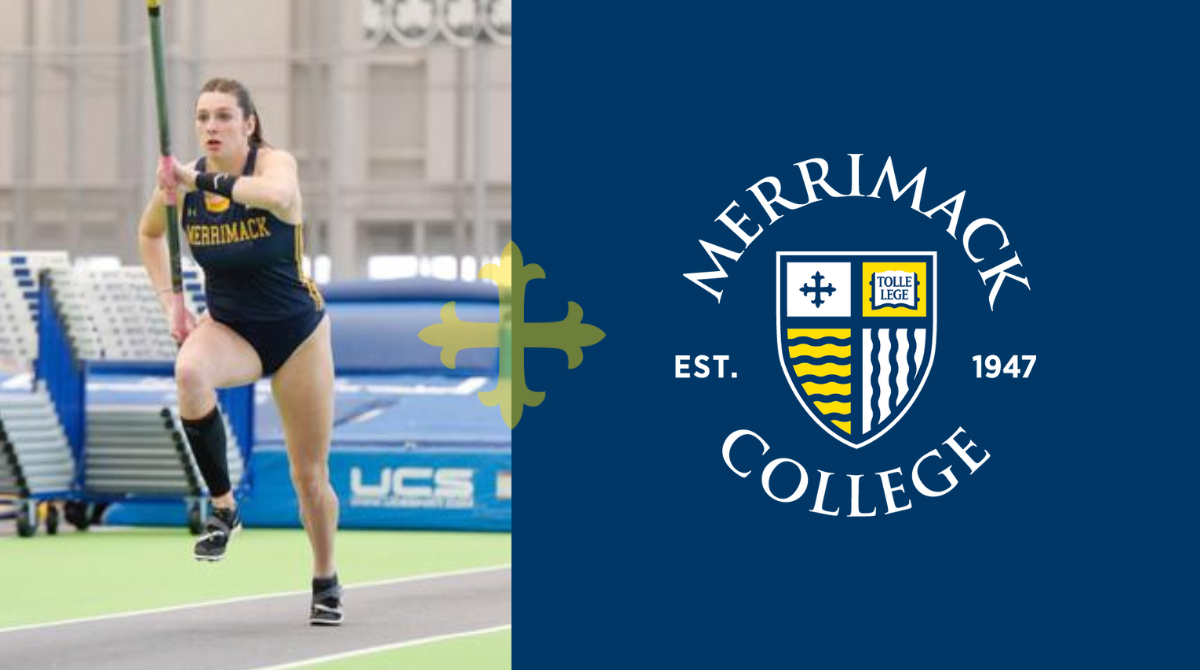Sen. Bernie Sanders, D-Vermont, is a liberal and “avowed socialist” who wants single-payer health care; and Donald Trump, a New York Republican, has called for shutting down the Mexican border and stopping all Muslim immigration.
Could the country really have a Trump vs. Sanders general election for the presidency in November? It’s looking more possible, according to Merrimack’s Harry Wessel, associate professor and chairman of the Political Science Department; and Mary McHugh, an adjunct professor teaching “Campaigns and Elections,” and the executive director of the Stevens Service Learning Center.
“Sure,” McHugh said. “If you asked me that two months ago I would have said no, but (now) sure.”
In a recent CNN/WMUR poll Sanders led former Secretary of State Hillary Clinton 60 percent to 33 percent in Democratic primary polling, which had grown 10 percent since a late-November early-December poll; and Trump led his closest rival Texas Sen. Ted Cruz 34 percent to 14 percent, though Cruz is on the rise while Marco Rubio and Jeb Bush are lurking with 10 percent support each.
“What is really cool about this election, or amazing, is that these two, Donald Trump and Bernie Sanders, are so competitive,” Wessel said.
Not since Republican Sen. Barry Goldwater in 1964 and Democratic Sen. George McGovern in 1972 have voters faced such extreme ideologies on the ballot.
“They are milquetoast compared to the extremism we have going on in this election,” Wessel said.
Trump isn’t as surprising as Sanders. There have been other business leaders to enter presidential races, including Ross Perot, Steve Forbes, and to a lesser extent Mitt Romney, Wessel said.
“Sanders is just unbelievable, to openly run as a socialist; that’s what the right has been screaming about Obama but this guy is an avowed socialist.”
The political landscape should start to smooth out in a few weeks when the Iowa caucus and New Hampshire primary are held when the country gets a sense of whether Trump or Sanders has staying power. Or perhaps not.
Massachusetts’ March 1 primaries should have more influence than normal, McHugh said.
“Usually, our primary gets swallowed up but this time every primary is going to count for something,” she said.
Professor Michael DeCesare, chairman of the Sociology Department, said he doesn’t normally study politics but believes Trump and Sanders connect with their parties in ways other candidates aren’t able.
“I think what resonates about both of them with voters is that they are populist,” DeCesare said. “The language they use, the rhetoric they use, it’s common, and I think voters are tired of career politicians who speak in these canned phrases.”
At the same time, neither Trump nor Sanders has any crossover appeal. They are only attracting support within their parties and can’t attract voters from the other side, DeCesare said.
Even before the general election, Trump and Sanders could make history at their nominating conventions, Wessel said. Support could waver for candidates more than usual between the caucuses and primaries and the conventions.
“The bottom line is how the delegates are assigned,” he said. “In most primary states the delegates are binding or pledged, so you nail them down and there isn’t much fluidity; but caucuses are a little more loosey goosey.”
Delegates are only bound for the first ballot at conventions, McHugh said. So if the vote is inconclusive on the first try, then delegates would be free to vote for whom they wish.
“If Trump and Sanders win it will be historic,” Wessel said.
Former Alaska Gov. Sarah Palin, who ran as a Sen. John McCain’s, R-Ariz., running mate in 2008, endorsed Trump but McHugh doesn’t believe she’s interested in running for vice president again.
“I think she is setting herself to be in the spotlight; I think she likes being in the spotlight; likes people paying attention to her,” McHugh said. “I’m not so sure she wants elected office. She left the governor’s position, she hasn’t really run for anything else since 2008.”
Economics are playing a role at the polls, said Economics Department associate professor Charles Tontar, who is also a second-term city councilor for Newburyport.
The economic recovery from the last two recessions hasn’t been broadly felt among voters, Tontar said. Voters aren’t seeing the benefits of economic growth so they are frustrated from both sides.
“What used to be called the middle class doesn’t feel like it’s recovering,” he said.
Ironically, the reasons voters have for supporting Trump are similar to the reasons voters have for supporting Sanders, though they use different language to express their views. Trump supporters blame the Washington, D.C. establishment and Sanders believes the private sector and the 1 percenters are to blame for a middle class squeeze.
Trump could have run as a Democrat and in fact was a registered Democrat until 2009, Tontar said. Polls have shown he could capture 25 percent of the Democratic vote if he were on that ticket and given the amount of media coverage Trump generates, it’s reasonable to assume that support could grow to 30 to 35 percent, which isn’t far below his GOP numbers.
The difference between Trump and Sanders comes in their proposed solution to the economic morass. Trump, coming from his business background, proposes a laissez-faire approach to economic growth and Sanders wants more government intervention.
